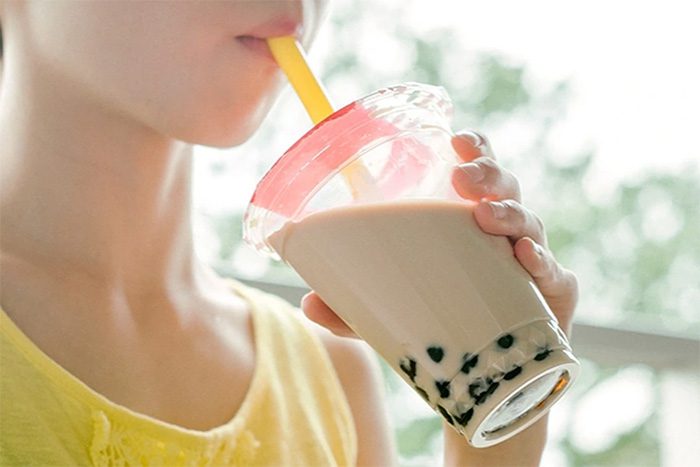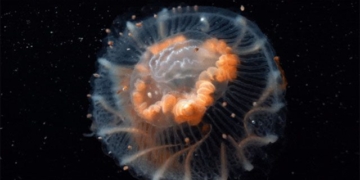Bubble tea has become a popular beverage in China and many other places in Asia. Research indicates a concerning link between this drink and mental health issues.
Researchers from Tsinghua University and the Central University of Finance and Economics in China surveyed 5,281 students in Beijing and found that symptoms of bubble tea addiction are not only real but also associated with issues such as depression and anxiety.

Bubble tea addiction causes depression among youth. (Illustrative photo: Getty).
In the published research paper, the authors wrote: “Bubble tea is becoming extremely popular in China, especially among young people. Our findings affirm that consuming bubble tea can lead to addiction and is associated with depression, anxiety, and suicidal thoughts.”
Using a reputable addiction scale to assess factors such as constant cravings and excessive consumption to satisfy those cravings, the research team found evidence that some young individuals exhibit signs of addiction. Nearly half of the surveyed students reported drinking at least one cup per week.
Bubble tea not only contains excessive sugar but also caffeine, and researchers are concerned that such beverages may lead to feelings of depression and social isolation among adolescents.
The study also showed that the manner of bubble tea consumption is related to depression and feelings of loneliness. Although the purpose of the research was not to identify causation, it highlights a potential issue that requires further investigation, especially as this beverage becomes increasingly popular.
Experts suggest that young people in China and many other places are using bubble tea as a coping mechanism and emotional regulator, and that this beverage could be as addictive and harmful as social media or drugs.
Future research will gather data on a larger scale and monitor bubble tea consumption over a longer period.
The researchers also wrote in their report that: “The results indicate that bubble tea consumption may lead to addiction symptoms, including frequent cravings/dependency, intentions to quit, inability to stop, and feelings of guilt.” They recommend that measures be taken to protect both the physical and mental health of those who consume large amounts of bubble tea, alongside issues such as obesity and dental cavities.
“These findings may help policymakers develop regulations such as advertising bans, expand psychological education, and establish hygiene and safety standards for the industry targeting the rapidly growing youth market while still protecting the mental health of consumers,” the researchers noted.


















































